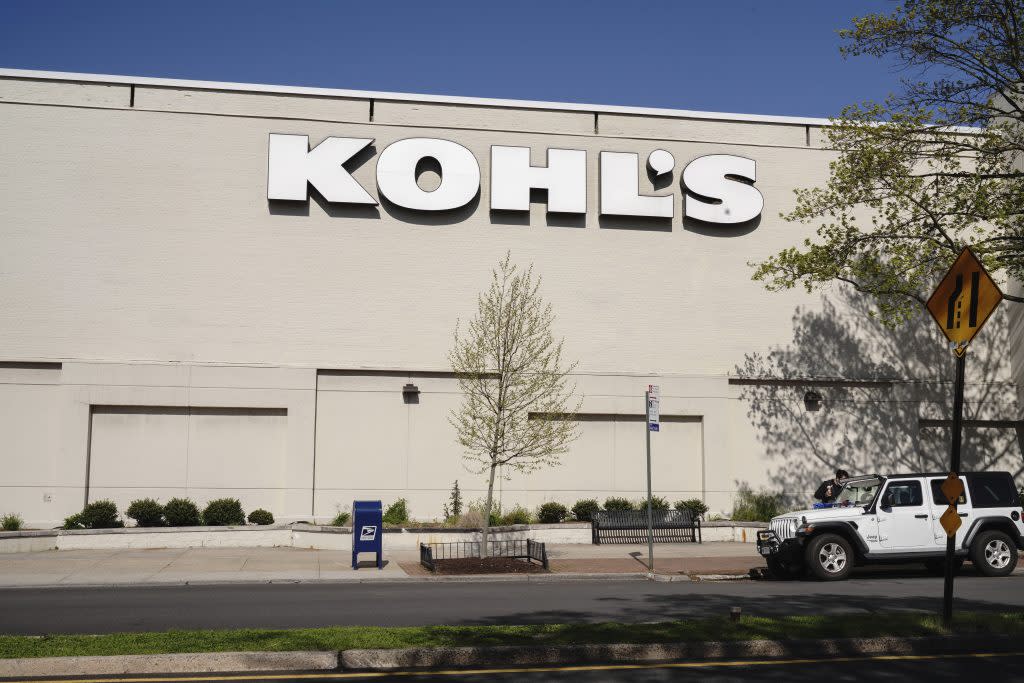Kohl’s Beats Earnings Estimates — But Sales Still Hurt as Stores Operate at Reduced Hours

Kohl’s Corp.’s second quarter held up better than Wall Street had expected.
Losses at the Menomonee Falls, Wis.-based retailer were $47 million, or 30 cents per share, compared to last year’s income of $241 million, or $1.51 per share. On an adjusted basis, it posted a loss of $39 million, or 25 cents per share, compared with profits of $247 million, or $1.55 per share, in the previous year. Analysts had expected a loss of 83 cents per share.
More from Footwear News
Retail Earnings This Week: Big-Box Chains to Make Big Gains, Off-Price Could Fall Victim to COVID-19
For the period ended Aug. 1, revenues declined 23% to $3.21 billion, trouncing consensus bets of $3.09 billion. It touted the performance of its digital business, which improved 58% from the prior year.
“During the second quarter, we made significant progress in rebuilding our business,” CEO Michelle Gass said in a statement. “We reopened all of our stores with new safety and operating procedures, accelerated digital growth and showed great discipline in managing inventory and expenses meaningfully lower. In doing so, we generated positive operating cash flow and further enhanced our financial position.”
Kohl’s, which has 1,163 stores across the country, shuttered all of its locations for weeks starting March 20 to comply with government-mandated stay-at-home orders and restrictions on nonessential businesses. Over a 10-week period during the second quarter, it reopened its brick-and-mortar fleet, albeit operating with approximately 25% fewer days than the prior year due to limited hours.
The chain currently offers a dedicated shopping hour for seniors, as well as for those who have underlying conditions or may be pregnant. Additionally, it has installed protective barriers at its registers, placed decals on its floors to encourage six feet of social distancing, shuttered its fitting rooms until further notice and adjusted the returns process to decrease interactions between customers and employees.
At the end of the three months, the company had $2.43 billion in cash and equivalents, plus $500 million available under its revolving credit facility. It had previously withdrawn its full-year forecast, suspended its share buyback plan and decreased its capital expenditures.
“As we look ahead, we are planning for the crisis to continue to impact our business in the near-term,” Gass said. “We are well-positioned to capitalize on evolving customer behaviors and the retail industry disruption, which we believe will drive long-term growth and increased market share.”
Sign up for FN's Newsletter. For the latest news, follow us on Facebook, Twitter, and Instagram.
